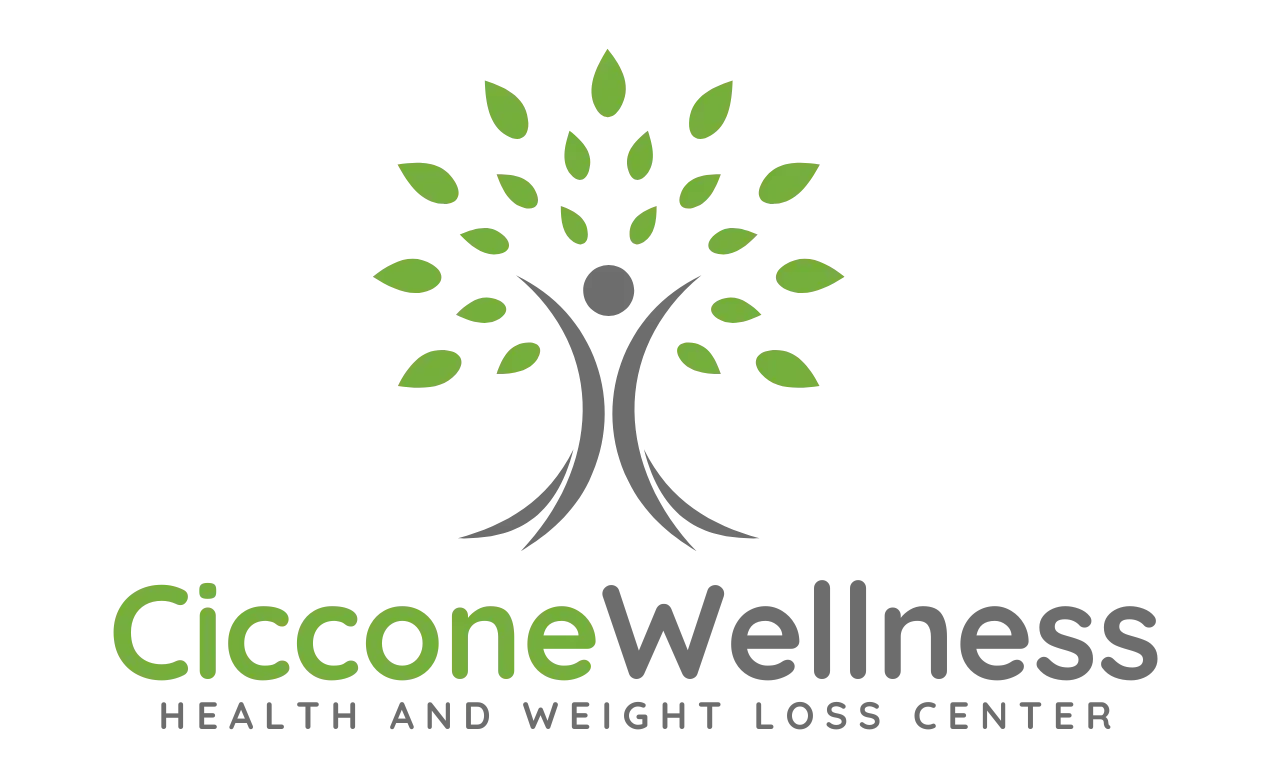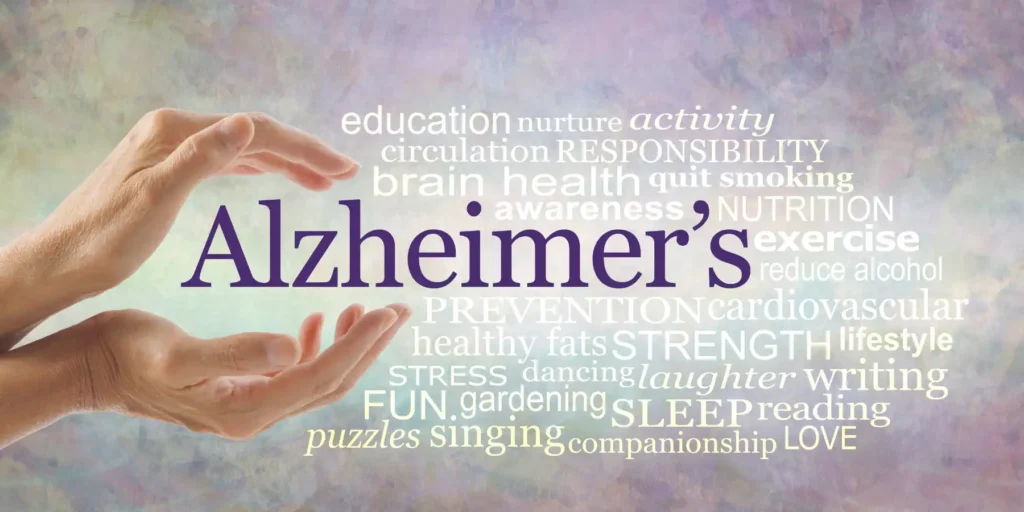Long before I started working in the “wellness” side of the business I spent some time working the “sick” side. I managed a very large Alzheimer’s unit in Louisville, KY. My experience there forever changed the way I viewed medicine, sick care, and people in general. This was a place for the people that had no voice, no choices, and no family. They were labeled “too difficult” to manage.
My job there was to manage staff, oversee care, and, most importantly, protect the safety of patients and staff—not an easy job to say the least. Alzheimer’s patients are often combative, frustrated, and generally not easily managed. Some experience intense emotional swings, insomnia, hallucinations, and paranoia. The part that always struck me was that these were just normal people before the onset of Alzheimer’s. They raised children, had big corporate jobs, and lived life just as you and I do.
There was one patient that haunts me still to this day. Her name was Mary, and she was trapped in a memory where her daughter went missing. She would relive this memory every day, walking the halls crying and yelling out her daughter’s name. No matter what the staff did to try to help, nothing stopped that daily torture for her. There were so many other cases that were just as traumatic but, as a mother, this one always seemed the most tragic.
If you walked into the unit on any given day, you would think you were walking into a prison—bars on windows, yelling, things breaking, and chaos around every corner. Some clients had to be restrained for their own protection, some drugged so heavily they drooled while sitting in front of the TV, and others just slept the entire day away. The lucky ones that did have family may get visited once a week, which often ended with the family leaving in tears as they were unrecognized by their mother or father—truly heartbreaking on both sides.
Watching the human brain change, seeing people become a shell of who they were, and seeing the staggering amounts of drugs administered really made me take a closer look at the preventive side of health. What could these patients have done differently, if anything? Why are there more than six million Americans of all ages living with Alzheimer’s? Almost every study I’ve read points a finger back to lifestyle and choices.
Today, I push clients to be in the driver’s seat, to take control of their lives, and to make good choices that will help protect them from diseases like Alzheimer’s. I remind people daily that what they do today impacts not only tomorrow, but the rest of their lives.
Here are some areas that you can impact today and change your future:
- Maintain healthy blood pressure numbers.
- Monitor your blood sugar.
- Maintain a healthy weight.
- Be physically active.
- Quit smoking.
- Avoid excessive drinking.
- Get a good night’s sleep consistently
If you struggle with any of these, please reach out for help. We are here to support and create the healthiest version of you!

